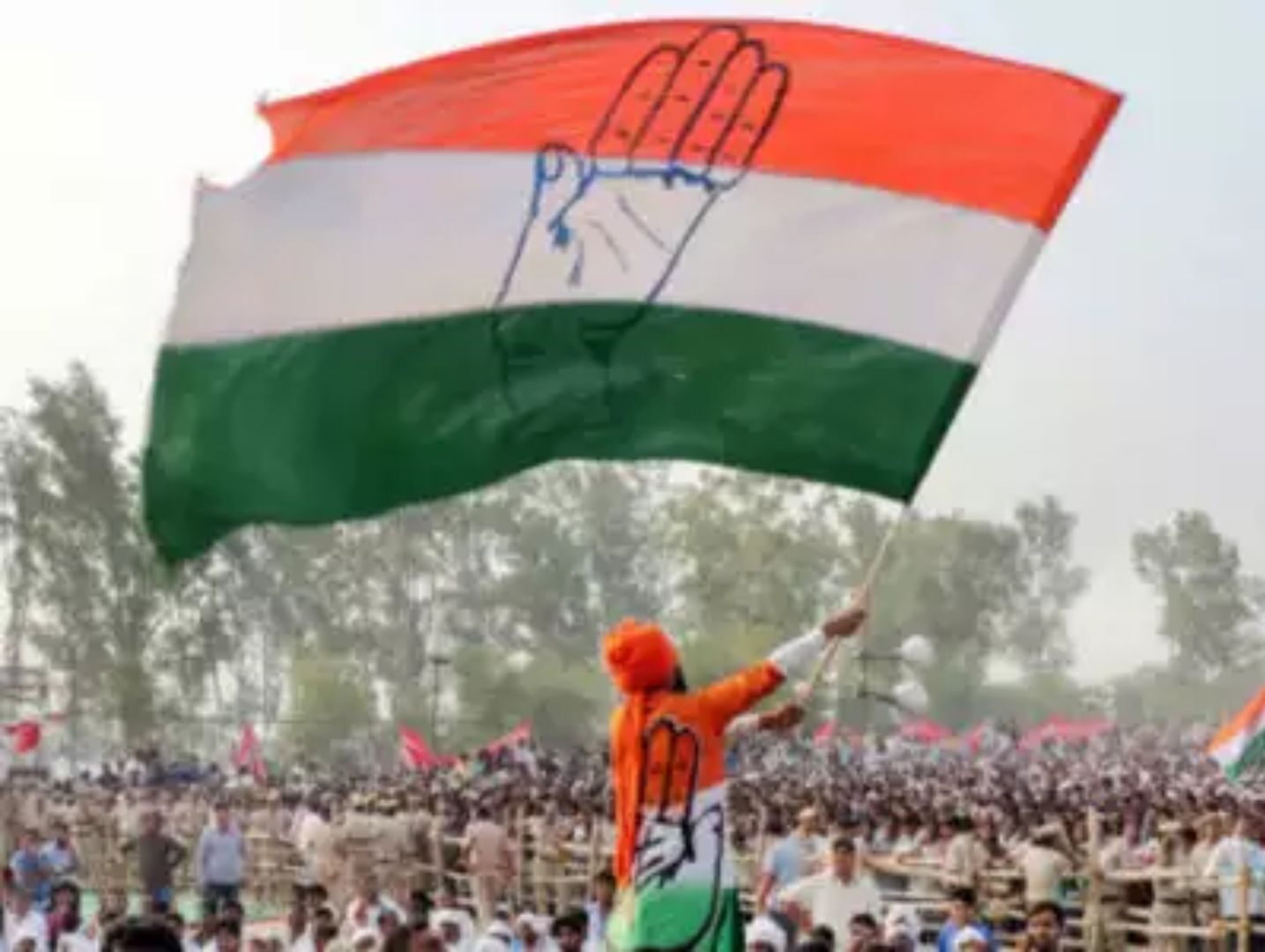NEW DELHI: A Congress win in Haryana could weaken I.N.D.I. Alliance members, but a loss may empower them. SP and AAP challenge Congress, with tensions rising in Maharashtra over seat-sharing and Shiv Sena’s demands.
Congress is looking for a comeback in the upcoming Haryana Assembly elections, hoping to end a decade-long political drought in the state. These elections hold significant importance for the party, as the results will influence the power dynamics within the I.N.D.I. Alliance. Since winning 99 seats in the last Lok Sabha elections, Congress has shifted its strategy, with Rahul Gandhi taking on a more assertive role as the face of the opposition.
However, as state elections approach, Congress has begun distancing itself from some of its alliance partners, such as the Samajwadi Party (SP) and Aam Aadmi Party (AAP). In Maharashtra, tensions have also emerged with Uddhav Thackeray’s Shiv Sena. A win for Congress in Haryana could reduce the influence of other I.N.D.I. Alliance members, while a loss might empower those parties and shift the balance of power within the coalition.
Despite the friction, Congress is confident about its prospects in Haryana and is preparing for a direct contest. The party’s actions, though, have prompted the SP to prepare independently for the by-elections in ten Uttar Pradesh seats. Meanwhile, AAP, riding on its success in Punjab, is challenging Congress in Haryana and Delhi. AAP leader Arvind Kejriwal, fresh from his release on bail, has taken charge of his party’s campaign, posing a potential threat to Congress. If SP lends its support to AAP in Yadav-dominated areas, the competition for Congress could intensify.
In Maharashtra, SP has been sidelined and is preparing to contest 10 to 12 seats independently. By distancing itself from SP in both Maharashtra and Haryana, Congress has signalled its willingness to part ways if necessary. This raises the possibility of the I.N.D.I. Alliance fracturing during the upcoming Uttar Pradesh by-elections.
Tensions are also brewing within the Mahavikas Aghadi in Maharashtra, particularly over seat-sharing. Uddhav Thackeray’s Shiv Sena is demanding more seats and key constituencies in Mumbai, which Congress is reluctant to concede. Thackeray aims to position himself as the alliance’s chief ministerial candidate, but neither Congress nor Sharad Pawar’s NCP has offered that assurance. Both Pawar and Congress state president Nana Patole have stated that the decision on the chief ministerial candidate will be made after the elections.
Thackeray’s Shiv Sena is concerned that a Congress win in Haryana would make it even harder to claim the chief minister’s position in Maharashtra. Despite ongoing discussions, Congress has not committed to any guarantees regarding the number of seats or leadership roles. With the Maharashtra elections approaching, it remains unclear what direction Thackeray’s party will take, though it has hinted at being prepared to contest all seats if necessary.
The situation indicates that tensions are likely to escalate. If Shiv Sena follows the moves of SP and AAP, the I.N.D.I. Alliance could shrink to its core, consisting only of Congress’s traditional allies, such as DMK, National Conference, RJD, and Sharad Pawar’s NCP. Friction is also evident between Bengal Chief Minister Mamata Banerjee’s TMC and Congress, particularly after Mamata’s solo efforts in the doctor rape case, which heightened tensions.
When the I.N.D.I. Alliance was formed, and there were concerns about conflicts over state elections and the alliance’s long-term stability. These concerns seem to be materialising, with Congress giving less importance to its partners in various states. Experts believe that if Congress secures a win in Haryana, it will be under less pressure from its allies in Maharashtra and Bihar. This could force Thackeray’s Shiv Sena to accept Congress’s terms in Maharashtra, with similar shifts in Bihar. Elections in Bihar and Delhi are scheduled for early next year, followed by a series of state elections. Congress strategists are confident that strengthening the party’s position in the states will naturally lead to a stronger presence at the national level.
Congress’s growing influence is causing concern for Samajwadi Party leader Akhilesh Yadav, who has taken note of Rahul Gandhi’s increasing popularity. A win in Haryana and Maharashtra would greatly enhance Rahul’s leadership and bolster Congress’s standing, positioning the party to reclaim ground in states like Bihar, where it has been politically sidelined for decades. Although currently allied with RJD, Congress’s main goal in Bihar is to secure an equal share of power. Success in Bihar could create momentum for Congress to push forward in Uttar Pradesh.
Before the Uttar Pradesh elections, Congress has opportunities to stage comebacks in several states, including Kerala. A resurgence of Congress will inevitably impact the regional parties within the I.N.D.I. Alliance, as a stronger Congress, will shift the balance of power. This potential resurgence, especially in Maharashtra, where Congress has been out of power for over 30 years, could have ripple effects across other states, raising concerns among its alliance partners.

